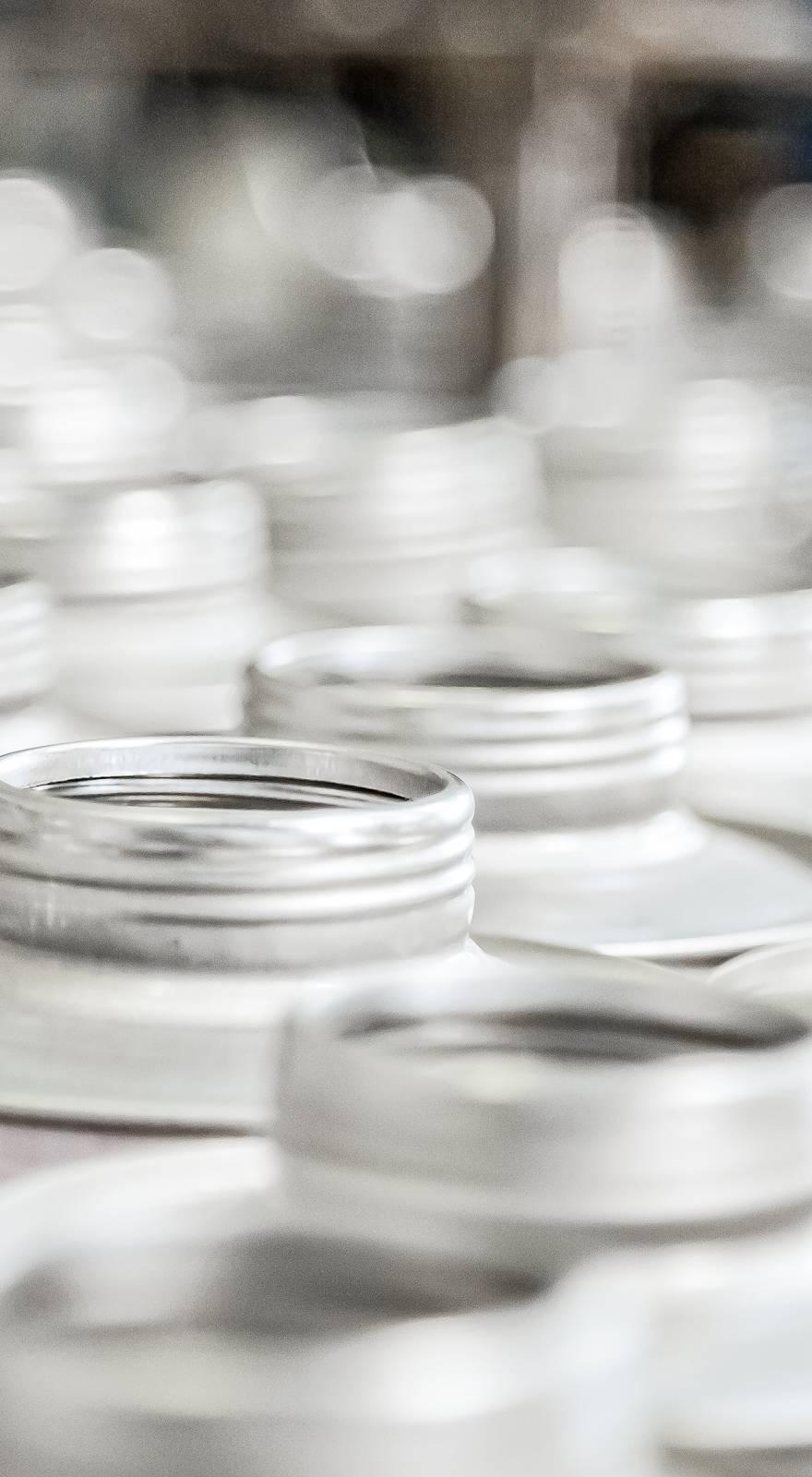Knowde Enhanced TDS
Identification & Functionality
- Product Type
- Technologies
Features & Benefits
- Ready-to-Use Product Features
Applications & Uses
- Markets
- Cure Method
- Instructions
- Bring both components to room temperature prior to mixing.
- Cartridge format: Mixer should be attached keeping the cartridge vertical and any air pocket purged this way. After the mixer contains material, the mixer tip can be dropped to dispense pre-bleed amount. Attach a new static mixer with each cartridge, then pre-bleed the first 3 inches of dispensed material or until a uniform color is obtained. Maintain adequate velocity during dispensing to ensure complete mixing.
- Bulk format: weigh and mix parts A and B accurately and thoroughly, scraping sides of container often. Do not pour from mixing container, transfer to a new container as residual unmixed material may cause a tacky spot on the surface of the casting. Maintain adequate velocity during dispensing to ensure complete mixing.
- Allow to cure undisturbed until product is fully gelled or tack-free to the touch.
- Clean up uncured resin with suitable organic solvent such as MEK, acetone or other organic solvent.
Properties
- Typical Properties
| Value | Units | Test Method / Conditions | |
| Mix Ratio | Part A to Part B | - | - |
| Dissipation Factor (at 100 Hz) | 0.05 | - | ASTM D150 |
| Mix Ratio (By Weight) | 1.02:1 | - | - |
| Mix Ratio (By Volume) | 1:1 | - | - |
| Cure Schedule (at 65°C) | 30.0 | min | - |
| Cure Schedule (at 100°C) | 30.0 | min | - |
| Viscosity (Part A,Rheometer parallel plate 25mm at 1/s) | 720000.0 | cps | - |
| Viscosity (Part B,Rheometer parallel plate 25mm at 1/s) | 560000.0 | cps | - |
| Viscosity (Mixed Rheometer parallel plate 25mm at 1/s) | 485000.0 | cps | - |
| Specific Gravity (Part A) | 1.19 | - | - |
| Specific Gravity (Part B) | 1.17 | - | - |
| Specific Gravity (Mixed) | 1.18 | - | - |
| Pot Life (Defined as the time it takes for initial mixed viscosity to double, Rheometer parallel plate 25mm at 1/s) | 5.0 | min | - |
| Glass Transition Temperature (Tg) | 30.0 | °C | DSC |
| Hardness | 80.0 | Shore D | ASTM D2240 |
| Water Absorption (after 24 hours) | 0.78 | % | ASTM D570 |
| Peak Exotherm (after 7 minutes for 40mL sample) | 148.0 | °C | Type K thermocouple |
| Tensile Strength | 3000.0 | psi | ASTM D638 |
| Tensile Elongation | 20.0 | % | ASTM D638 |
| Tensile Modulus | 240000.0 | psi | ASTM D638 |
| Lap Shear Strength (0.010” bond line Al to Al) | 2600.0 | psi | ASTM D1002 |
| Compressive Yield Strength | 26000.0 | psi | ASTM D695 |
| Compressive Strength | 39000.0 | psi | ASTM D695 |
| Compressive Modulus | 183000.0 | psi | ASTM D695 |
| Flame Resistance | Passes Resinlab testing with HB rating at 6.0mm thickness. Not UL Certified. | - | UL94 |
| Surface Resistivity (at 20%RH) | 8.30 x 1013 | Ω·cm | ASTM D257 |
| Volume Resistivity (at 21°C) | 3.60 x 1014 | Ω·cm | ASTM D257 |
| Dielectric Constant (at 100 Hz) | 4.6 | - | ASTM D150 |
| Dielectric Constant (at 100 Hz) | 4.0 | - | ASTM D150 |
| AC Dielectric Strength (at 100 Hz) | 410.0 | V/mil | - |
| Coefficient of Thermal Expansion (by TMA, 5°C/min, below Tg) | 49.0 | ppm/°C | ASTM E831 |
| Coefficient of Thermal Expansion (by TMA, 5°C/min, above Tg) | 216.0 | ppm/°C | ASTM E831 |
| Operating Temperature Range | -40 to 80 | °C | - |
Storage & Handling
- Shelf Life And Storage
- 12 months at 25 °C
- Specialty packaging may be less.
- Many epoxy resin systems are prone to crystallization as epoxy resin is a super-cooled fluid. This condition may give the product a gritty or grainy appearance (or hazy in clear products). Products in this state will not usually cure to normal and expected properties. In extreme cases it may appear solid and cured. Fluctuating temperatures (within 5 to 50 °C) aggravate this phenomenon. Heating the individual component to 50 to 60 °C while stirring can usually restore products to original state. Storage at 25 +/- 10 °C is

